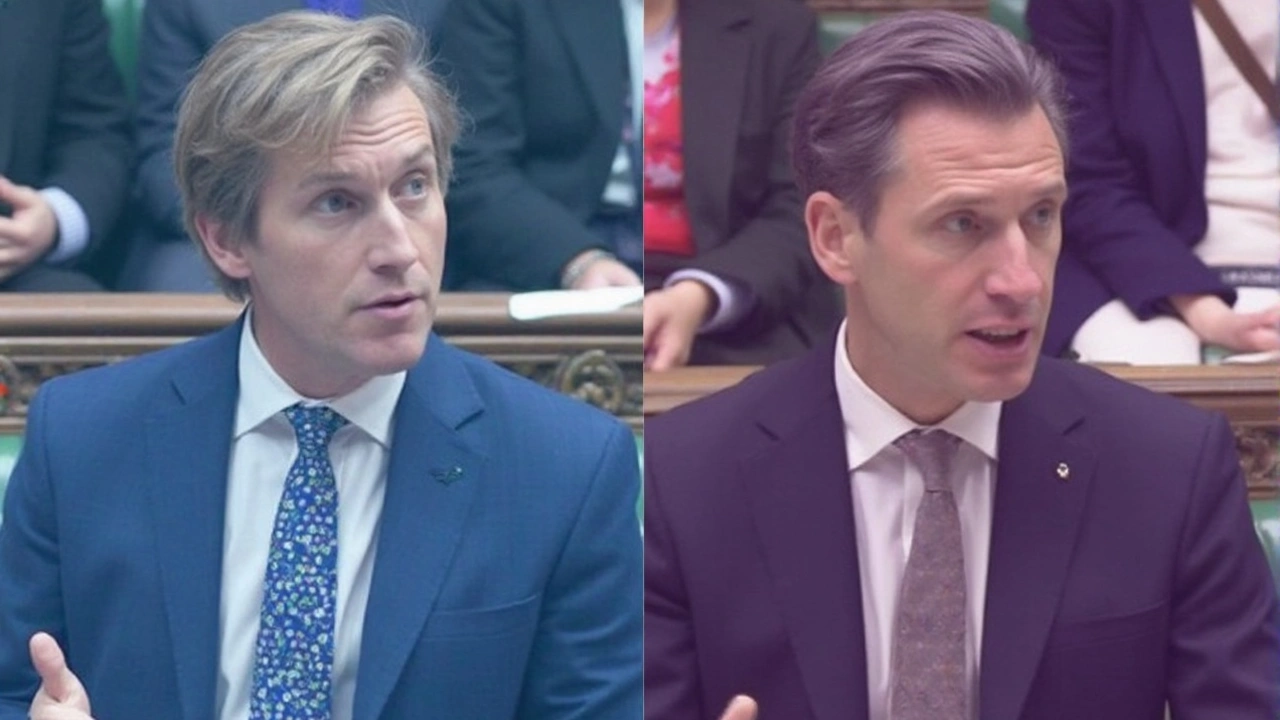Starmer's Abrupt Policy Shift on Trans Rights Shakes Labour Party
Keir Starmer has landed himself at the centre of a storm after a sudden and dramatic reversal on trans rights. Just months ago, Starmer was clear and vocal: he supported self-identification for trans people and stated plainly, "trans women are women." But everything changed when the UK’s Supreme Court handed down a landmark decision, fundamentally altering the legal definition of 'woman' under the 2010 Equality Act. The judges ruled that only biological females could be classified as women, even if a transgender woman held a Gender Recognition Certificate.
The case, led by the gender-critical group For Women Scotland and supported by J.K. Rowling, asked the courts to clarify if a trans woman should be treated the same as a cis woman for legal purposes. The court’s answer was short and sharp: No, 'woman' in the eyes of the law means 'biological female.' For many in Westminster, this wasn’t just a technical ruling but an earthquake for LGBTQ+ policy and rights in the UK.
Labour's Civil War: Accusations, Outrage, and Deepening Divides
Almost right away, Downing Street confirmed the Prime Minister would now fall in line behind the judgement. Starmer’s own spokesperson made it crystal clear: the court had "answered that question," and the government would adopt its approach. Suddenly, the Labour leader’s past words about trans inclusion looked obsolete—and plenty of people weren’t having it.
Inside Labour, the reaction was explosive. Jess Barnard, a key member of Labour’s National Executive Committee, didn’t mince words. She blasted the new position as "appalling" and went so far as to say Starmer could be "personally responsible" if trans women are attacked after being told to use male public toilets. It wasn’t just Barnard. Across social media and within party channels, young activists and LGBTQ+ supporters voiced anger and frustration, accusing the leadership of a blatant betrayal following earlier promises to protect and include trans people.
The fallout wasn’t limited to Labour. Conservative leader Kemi Badenoch seized the opportunity to pile on pressure, accusing Starmer of a "shameless work of fiction" and slamming Labour's inconsistency. She welcomed Labour’s shift but argued it was driven more by the shifting winds of politics than by principle.
Meanwhile, the Supreme Court ruling didn’t just draw lines in political sand; it redrew the map entirely. Lord Patrick Hodge spelled out that in all legal settings, 'sex' refers strictly to biological status. That ruling immediately raised hard questions about single-sex spaces, like toilets and changing rooms, bringing the debate around women's safety and trans rights to the front of the government’s agenda once again.
With all sides digging in, Labour’s public image as the party of progressive rights is now being tested under a white-hot spotlight. The party’s grassroots members want reassurance after what feels like a high-profile retreat. For Starmer, the challenge isn’t just about defending his U-turn—it’s about convincing a divided party, and a divided public, that the leadership will stand for something more than poll-driven reactions to court decisions.




